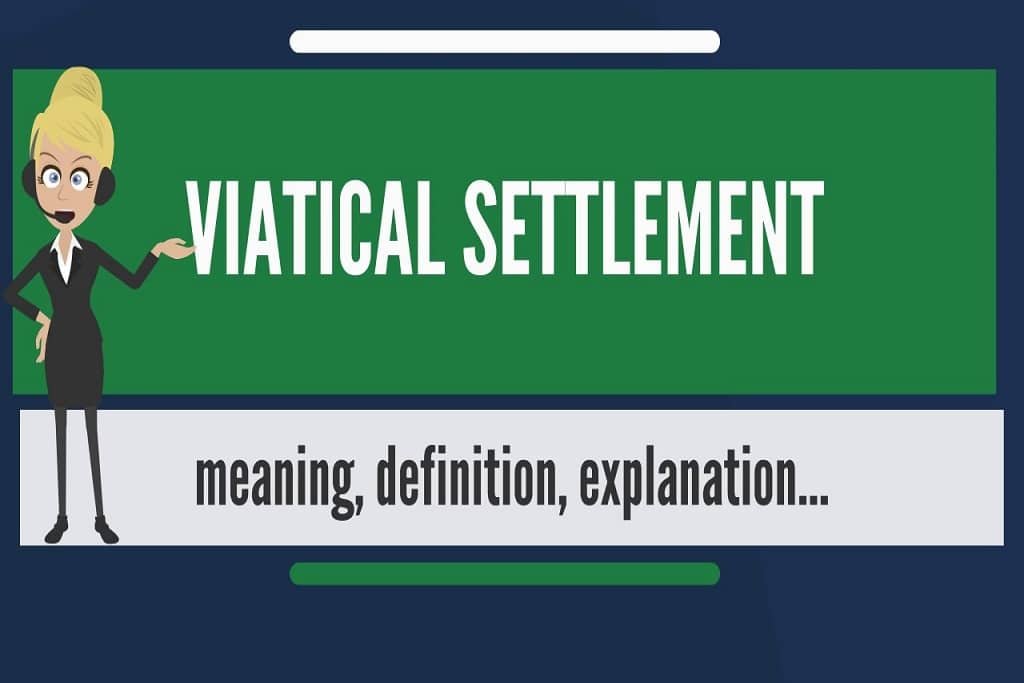Finding the right type of financial resources you need can be difficult when similar terms are being used for different financial opportunities. Take, for example, viatical settlements and life settlements.
Some platforms will use both terms when describing this type of financial opportunity. The problem? The two items, while similar in some manner, are actually quite different.
Understanding the differences between the two is key to ensuring that you find the right opportunity for you or your loved ones.
In order to help you differentiate these two very different terms, let’s take a closer look at viatical settlements and life settlements and the differences between them.
What is a viatical settlement?
A viatical settlement is the sale of a life insurance policy to a third party for a one-time payout. This basic definition is what causes many to confuse viatical settlements with life settlements, but this is where the similarities end.
The most important thing to know about viatical settlements is that they’re reserved for those who are facing a terminal illness.
Selling their life insurance policy to a third party gives people the ability to receive a lump sum payment that can support them with their finances, as these may be strained by extraordinary medical bills and other essential living expenses. Additionally, viatical settlements are traditionally tax-free.
Finding the best offer and the right insurance company during the viatical settlement process is vital to getting the financial assistance and immediate access to funds that you need.
It’s best to turn to a reputable company like American Life Fund viatical to guide you through the process and ensure you’re on the right track.
American Life Fund is a company that focuses on providing those with life-threatening illnesses such as late-stage cancer with the financial options they need to live comfortably, whether this financial relief comes in the form of a viatical settlement transaction or other cancer financial service options.
With a high-quality viatical company like American Life Fund on your side, you’ll be in good hands as you navigate your financial future.
What’s a life settlement?
Life settlements are the sale of a life insurance policy to a third-party for a one-time payment as well.
But there are some notable differences when comparing it to a viatical settlement. For example, a viatical settlement is only made available to those who have a terminal illness, whereas individuals who are typically 65 or older are able to access a life settlement.
Also, life settlements pay significantly less because life expectancy is often longer, which reduces the profitability for the third-parties looking to invest in these policies. They’re also taxable, as they are often accessed to handle various financial needs that are not related to life-threatening illnesses, as opposed to viatical settlements, which cannot be taxed.
Simply put, viatical settlements came about as a way for individuals to sell life insurance policies they no longer needed and receive income that they could use for healthcare costs and beyond.
Life settlements, on the other hand, can be used by anyone past a certain age to take care of outstanding debts or even provide themselves with additional retirement money, although this trade-off comes with some obvious disadvantages.
Just like with viatical settlements, it’s important that you find the right resources to help you sell your life insurance policy so that you get the best possible compensation.
It can be confusing when the terms “viatical” and “life” are used interchangeably, and it can be especially harmful if you pursue one when you should be pursuing the other.
Fortunately, it’s easy to tell these two items apart. Whether you’re looking for a viatical settlement or a life settlement, use the guide above to learn more about each one and the differences that’ll help you find the right solution for your needs.
For More Latest Finance Updates, and Information about viatical settlement, visit Ebuzz Spider.



















